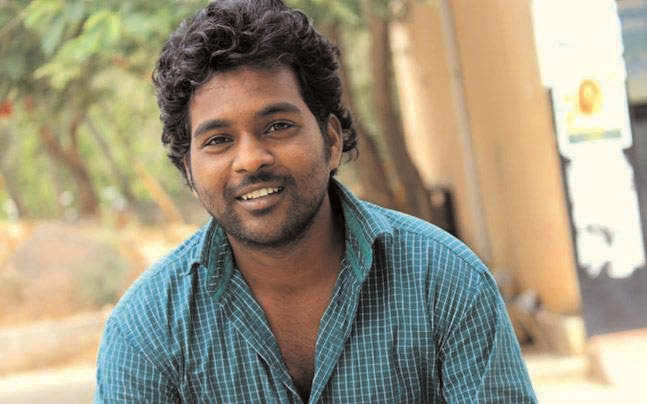
NEW YORK (TIP): The South Asia Solidarity Initiative (SASI) along with prominent Dalit activists and organizations in New York City will march, Feb. 27th, 2013, 2 to 400 p.m. at Union Square, in solidarity with the Dalit resistance campus movements that has swept India in recent weeks.
The gathering will mourn the enormous loss of Rohith Vemula, an Ambedkarite and a Dalit scholar, who was a powerful and vocal activist against Brahminism and caste. The demonstration will include a performance by Columbia University-based actors of The Last Letter developed by the political theater group Jana Natya Manch as Akhri Khat, based on Rohith Vemula’s suicide note and performed last week in Delhi.
Vemula’s institutional murder has served as a catalyst, revealing the profound implications of caste in academic spaces in India as well as the diaspora. Sumit Baudh, a doctoral candidate at the University of California Los Angeles (UCLA) School of Law, says, “The Indian diaspora students and faculty in the U.S. are mostly savarna /dominant caste and often this creates an atmosphere of isolation and anxiety for Dalit scholars about how our ideas are received or rejected.” In numerous ways, Dalit students and faculty continue to be marginalized and systematically isolated from educational access and mobility.
Harvard scholar Suraj Yengde suggests, “Whenever international collaborations or partnerships are made with Indian universities, the checklist must include the condition/inclusion of Dalit and tribal students and faculty. Parameters to be checked could include implementation of affirmative action policies, and equal representation of SC/ST students and faculty. An endorsement from local Dalit and tribal student and faculty associations should be marked in the policy documents. Home institutes that do not correspond to the above checklist should be deprived of international partnerships and thus be made to experience a slide down the ladder of academic positioning. If this is not, old equations, traditional hierarchies, will continue to be perpetuated.”
In recent weeks, campus movements have held a limelight to Jawaharlal Nehru University (JNU) in New Delhi, whose peaceful student protests are being brutally repressed by various Hindutva forces. JNU student body president, Kanhaiya Kumar and several other students were arrested for sedition, unlawful assembly and criminal conspiracy. Furthermore, a few days ago JNU Dalit professor Vivek Kumar and two others were attacked by gunmen during a program organized by the Ambedkar Forum. These attacks\were preceded by multiple threats from Hindutva activists. Most recently, the Delhi High Court and police have pursued charges against JNU student Umar Khalid for a fabricated accusation of raising “antinational” slogans during a rally. These shocking events have mobilized voices and communities globally, condemning the repressive actions of the state. SASI joins in denouncing these draconian measures that suppress dissent, stifle political thought and furthermore nurture a hostile climate against religious minorities, Dalit and Adivasi communities.
While we recognize the brutality of these actions, it is also important that our solidarity is not distracted from the national mobilization against structural caste based discrimination in India’s campuses. It is important that we name the Brahminism and caste apartheid that threads together and binds the violent suppression of free speech in the name of nationalism. A few days ago, over 10,000 people from all over India traveled and gathered in Delhi in solidarity with the movement triggered by Rohith Vemula as well as recent events at JNU. Organized by Joint Action Committee (JAC) for Social Justice and Hyderabad Central University (HCU), the mobilization is marching under the banner of ‘Chalo Delhi’. Among other points, their demands include the enactment of ‘the Rohith Act’ that addresses caste discrimination in educational spaces? punishment and accountability of government officials Smriti Irani and Bandaru Dattatrya, Ramchandra Rao and Hindu right leader Susheel Kumar. The group is also calling for a judicial inquiry into all cases of discrimination and harassment of Dalitbahujan, Adivasi and religious minority students in educational institutions. SASI is in full support of these demands and want to highlight the importance of these appeals in our action.
Narayana Rao Rampilla, formerly of the Scheduled Castes/Scheduled Tribes Action Committee at JNU, points out that “What is happening in India now is a repeat of the age old injustice that activists have been fighting for centuries…In view of the current developments, this social movement in India needs the support of everyone and condemnation of caste apartheid in India just like the apartheid in South Africa.”
SASI organizer Prachi Patankar says, “This protest is also a celebration of Dalit resistance now and for centuries, communities who against all odds have steadfastly struggled to educate themselves and their families.”





Be the first to comment